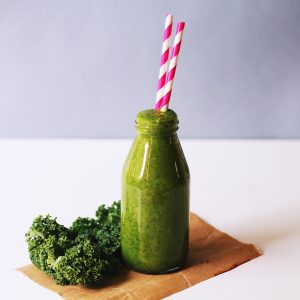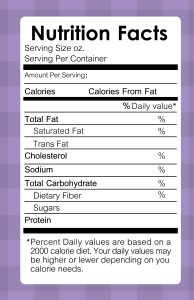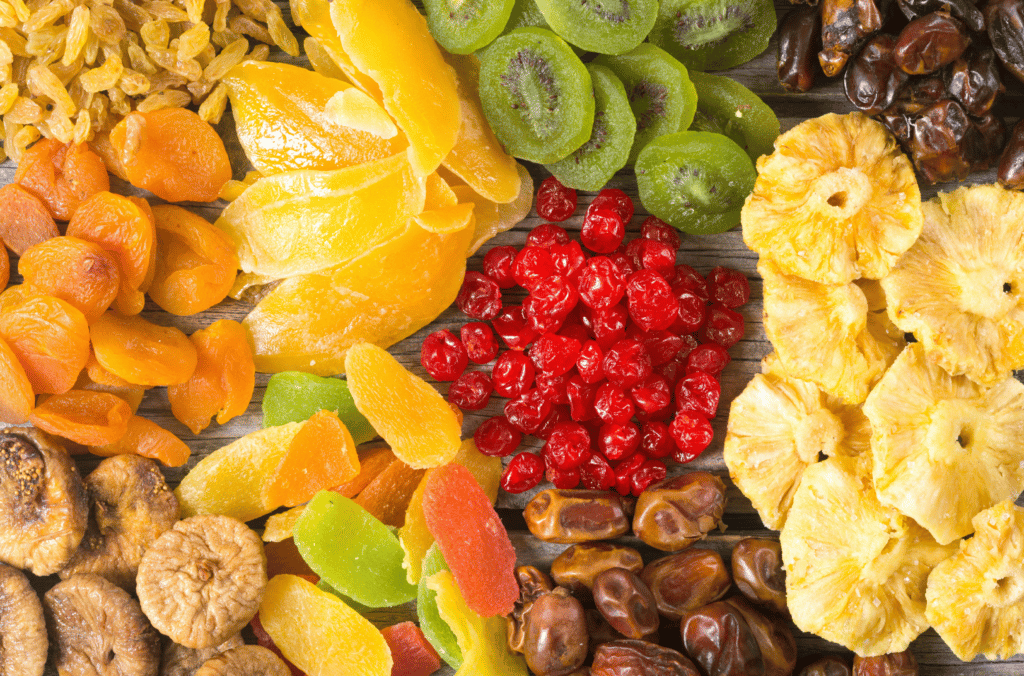Gain Weight – Meal Planner to Bulk Up
Gaining weight can be a difficult and tedious task that requires careful planning and dedication. Eating the right type of food is essential for building muscle, burning fat, and achieving an overall healthy lifestyle. That’s why having a structured meal plan tailored to your body’s needs can make all the difference in gaining weight efficiently and effectively. The Performance Lab of California provides some tips on how you can use the gain weight meal planner to successfully reach your desired fitness goals!
Create a Caloric Target to Reach Your Goals
Setting realistic and achievable goals is a crucial initial step in any health plan, and calories play an important role in those efforts.
An understanding of how many calories you need to meet your unique goals is essential to developing a successful wellness regimen. Your caloric target will depend on various factors such as gender, height, age, physical activity level, and specific health objectives.
Knowing your basal metabolic rate can be extremely helpful in setting appropriate calorie intake as well. Once you have established this amount of calorie intake, it will be easier for you to make appropriate food decisions that help you reach your goals.
Practicing proper nutrition through mindful eating along with setting an adequate daily target for caloric intake, will ensure optimal success on your journey towards good health.
A Food Plan Matters
Having a well-balanced food plan is essential for health and body composition. It must contain protein, carbs, and fats in the right amount to help our body perform optimally. Foods should also be chosen based on nutrient density, meaning they should provide us with enough key micronutrients that are known to help maintain overall health.
This would include adequate amounts of vitamins, minerals, and antioxidants. Some people will naturally eat more of one macro than another protein, carb, or fat so the food plan needs to reflect the individual’s particular requirement. Sticking to a nutritious food plan is important for reducing the risk of obesity as well as diseases linked to nutrition deficits. The Performance Lab of California is aware of this, and many clients love working with us because we monitor this on their behalf.
Calories For Weight Gain
This meal plan is adjustable to 2,000, 2,500, or 3,000 calories. Most of us are familiar with the number 2,000 being used as a general target for daily calorie intake.
That’s why it appears on Nutrition Facts labels across all food products. But if you find that your body needs something different from this standard advice and would like to adjust accordingly here we’ve got modifications just for you!
However, 2,000 calories is not a universal mount to consume when trying to add more weight.
The Importance of Nutrition for Muscle Gain
In addition to tracking your calorie intake, it is important to also take note of the types of food you are eating. A balanced diet featuring nutrient-dense whole foods such as lean meats, fruits, vegetables, and complex carbohydrates will provide your body with the necessary vitamins, minerals, and macronutrients for muscle building.
To gain muscle mass, it’s imperative to take in sufficient calories. Experts advise that you should consume 10-20% more than the calorie intake needed for your desired weight gain. Furthermore, 1.6 – 2.2 grams of protein per kilogram of body weight needs to be taken throughout the day with each meal consisting of 0.4 – 0.55 grams per kilogram of body weight as well!
To reach your target weight, you should consume between 3 to 6 meals daily. Furthermore, it’s best practice to maintain a moderate fat intake of 0.5 – 1.5 grams for each kilogram of body weight.
Depending upon your weight, height, genetic makeup, and desired objectives, the remainder of your daily caloric intake should include carbohydrates ranging from 3.5 to 5 grams per kilogram or more to support resistance training. This will vary for each person; however, this recommendation is an ideal starting point!
Nutrient-Dense Foods are Important for Weight Gain
We will assist with your weight gain meal plan can be tricky. There are certain methods you can employ to make sure that the more calories consumed, will help sustain your energy and provide satiation throughout your day. Read on for helpful tips for crafting an effective weight gain eating program.
Helpful perpetrators include whole grains, fruits, and vegetables. Lean meats cooked in olive oil will impact your progress. Your body weight will change over time as you start to implement your meal planner, yet sweet potato pie can still be a part of your meal plans depending.
We give you options for your meal plans so you do not feel limited to a peanut butter lunch, whole wheat bread, and cottage cheese. Protein powder will come in handy when you’re getting ready to make a protein shake after a workout.
At The Performance Lab of California, we want you to gain muscle healthily. There are many options for healthy foods you could consume. Give us a call to get started at (818) 578-5013.
Frequently Asked Questions
Can peanut butter help with muscle mass?
Yes, peanut butter is a great source of protein and healthy fats which can help with gaining muscle mass. Peanut butter contains 8 grams of protein per 2 tablespoons, making it an ideal snack for those looking to put on more muscle. Additionally, the healthy fats in peanut butter will help provide energy to fuel your workouts.
How to gain 10 pounds in a week?
Gaining 10 pounds in a week is not recommended as it can be unhealthy and unsustainable. Instead, focus on consuming nutrient-dense foods such as lean meats, fruits and vegetables, whole grains, and healthy fats. Eating regular meals that include a variety of these foods will help you gain weight slowly and safely over time.
Should high-calorie foods be added to my weight plan to help me gain weight?
Yes, high-calorie foods such as nuts, nut butter, avocados, and peanut butter are great additions to your weight plan. These foods can help you increase your caloric intake without making you feel overly full. Additionally, these nutrient-dense snacks will provide the vitamins and minerals that are essential for overall health.
What should my meal plan be to gain weight?
Your meal plan should focus on eating nutritionally dense foods that are high in calories, such as lean meats, whole grains, healthy fats, nuts and seeds, dairy products, fruits, and vegetables. Make sure to include a variety of these foods in your meals throughout the day and be mindful of portion sizes.
Can the Performance Lab of California help me develop a weight gain plan?
Yes, can help with muscle mass gain by creating a personalized plan for you. However, it should be consumed in moderation as part of a balanced diet. Gaining 10 pounds in a week is unrealistic and unhealthy. A better strategy would be to focus on gaining 1-2 pounds per week through healthy eating habits.












